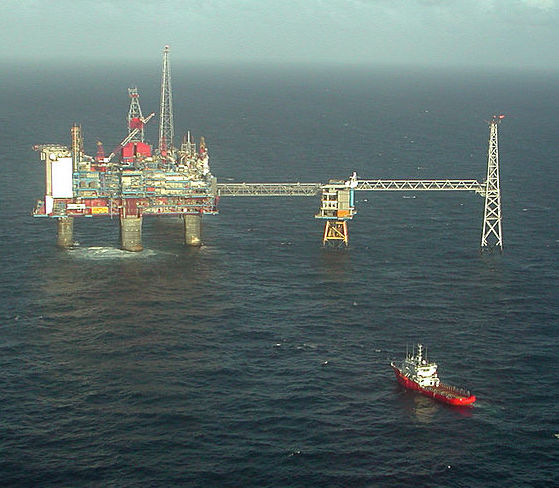Licence applications to extract offshore oil and gas rose last year on 2019 totals, the government’s North Sea Transition Authority announced today.
Over a three-month bidding window which closed last week, a total of 76 companies are seeking 115 exploration or extraction licences, covering 256 designated blocks or part blocks, the government confirmed. It was formerly known as the Oil & Gas Authority.
Defying fears of “stranded assets” – new or existing drilling ventures standing at risk of drastic, fragile overvaluation – , Britain’s hydrocarbon extractors are maintaining their momentum in exploiting planet-cooking fossil fuels.
The previous licencing round in 2019 – the 32th since North Sea exploration began – attracted 104 applications, covering 245 blocks and part-blocks.
This month’s latest applications includes licensing Centrica’s re-opened Rough gas storage fields, closed in 2017 and now revamped at a cost of £2.2 billion.
Analysis by the NSTA shows the average time between discoveries of offshore reserves and their first production now stands at close to five years. That lag is set shrink further, the regulator believes, as new licences focus on mature or semi-quantified reserves.
Across domestic and industrial exploitation, including transport, manufacturing and power generation, oil and gas contribute around three quarters of UK domestic energy needs, the NSTA claims.
Carbon emissions from oil and gas extraction in British waters have dropped by over 20% in the four years to 2021, according to the NTSA.
Further falls are projected at 10% in 2025 and 25% by 2027, as set out the North Sea Transition Deal agreed last year between extractors and government.
Consuming gas from the North Sea reduces the need for foreign imports of LNG, worth around double the UK carbon footprint, say the fossil fuel advocates.
Since February, NSTA interventions have trimmed the lifetime emission of 1.4 million tonnes of CO2e, equivalent to taking more than 500,000 cars off the road for a year.
The NSTA’s head of exploration Dr Nick Richardson said: “We have seen a strong response from industry to the Round, which has exceeded application levels compared to previous rounds.
“We will now be working hard to analyse the applications with a view to awarding the first licences from the second quarter of 2023.”
Energy minister Graham Stuart MP added :“Putin’s illegal invasion of Ukraine has led to volatile global energy markets.
“It’s fantastic to see such interest from industry in this round, with the awarded licences set to play an important role in boosting domestic energy production and securing the UK’s long-term energy security of supply.”




